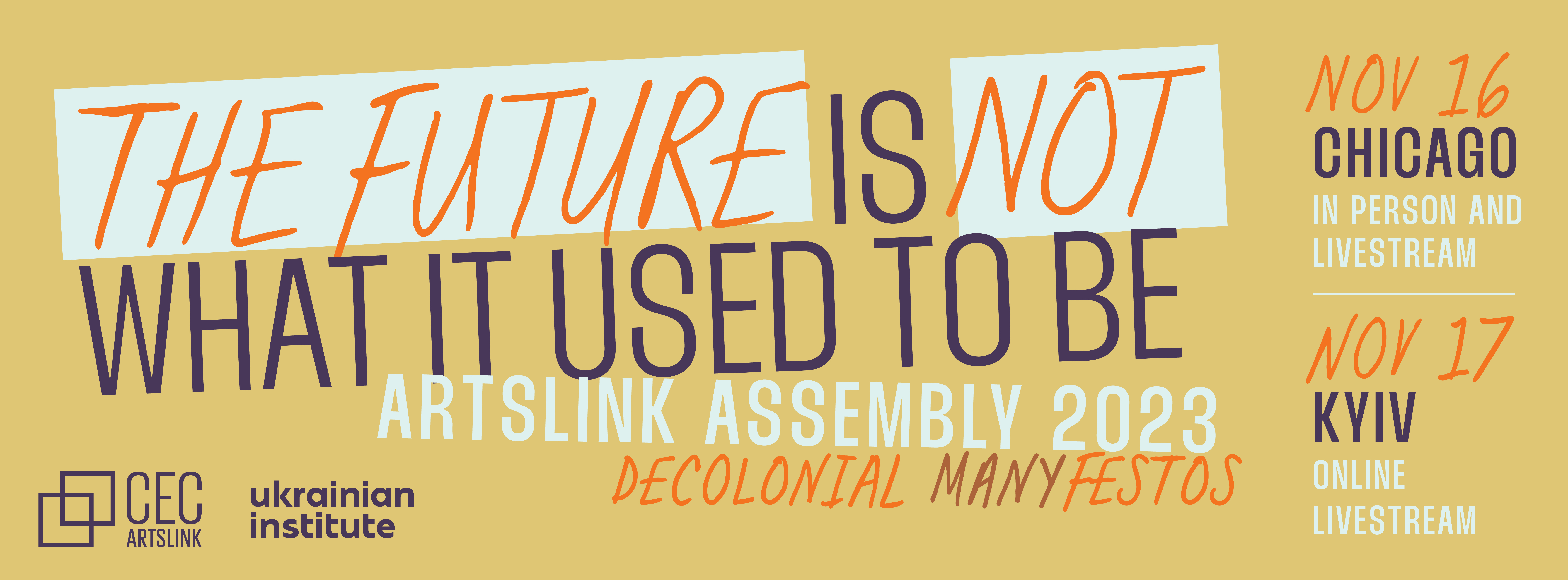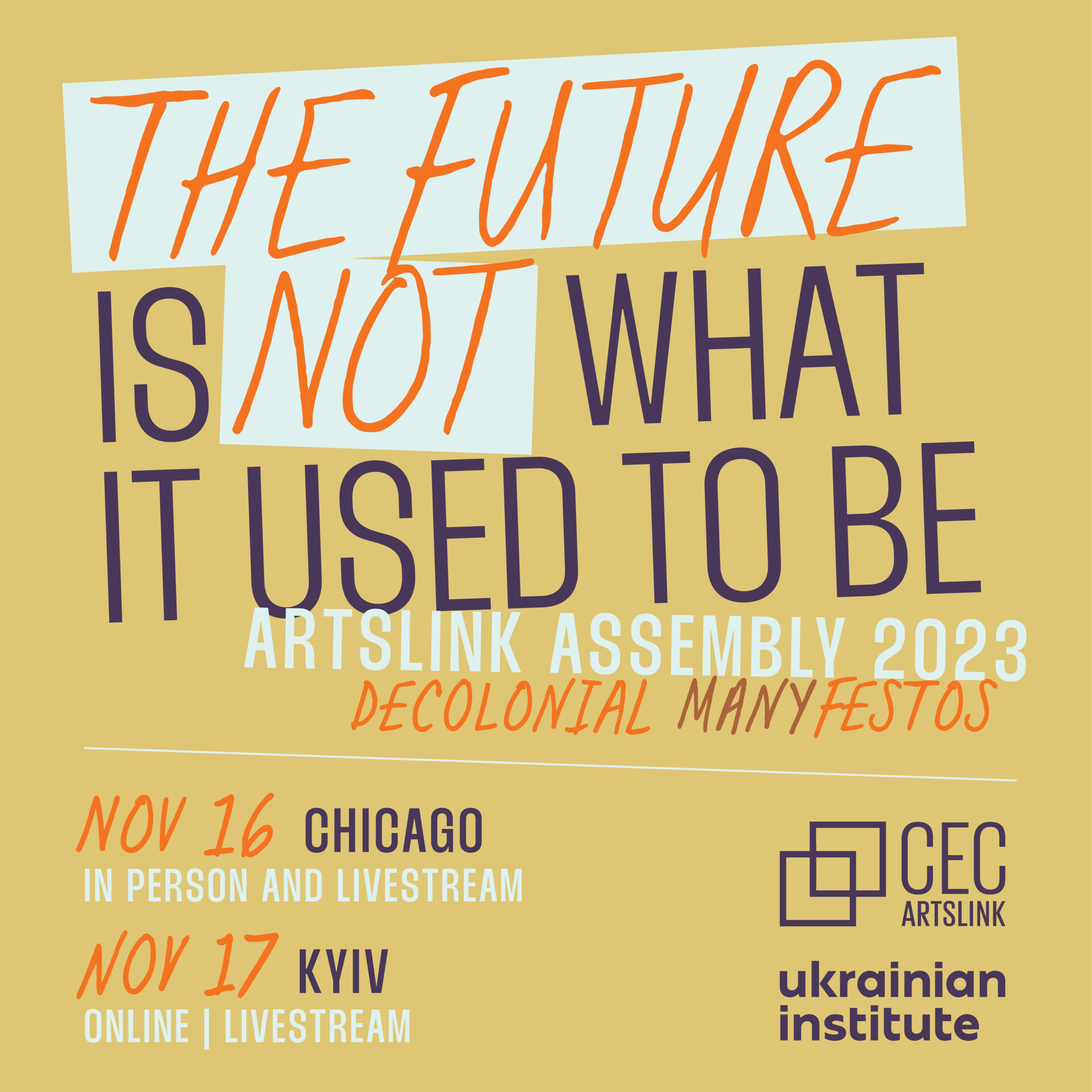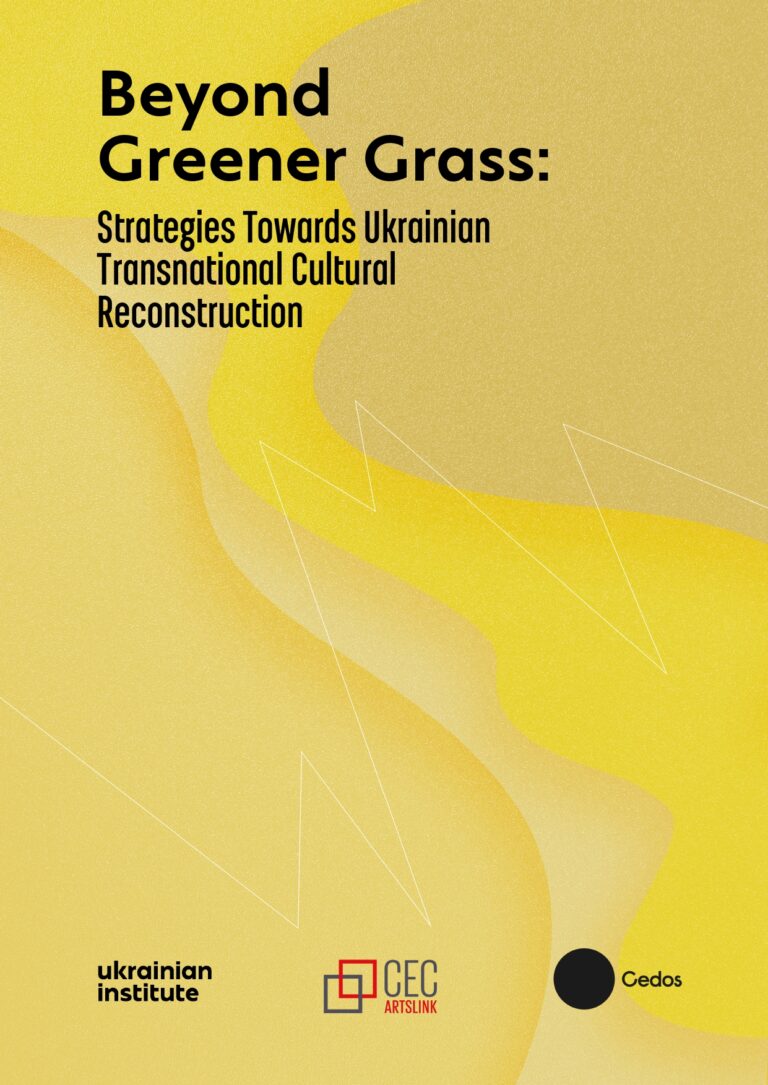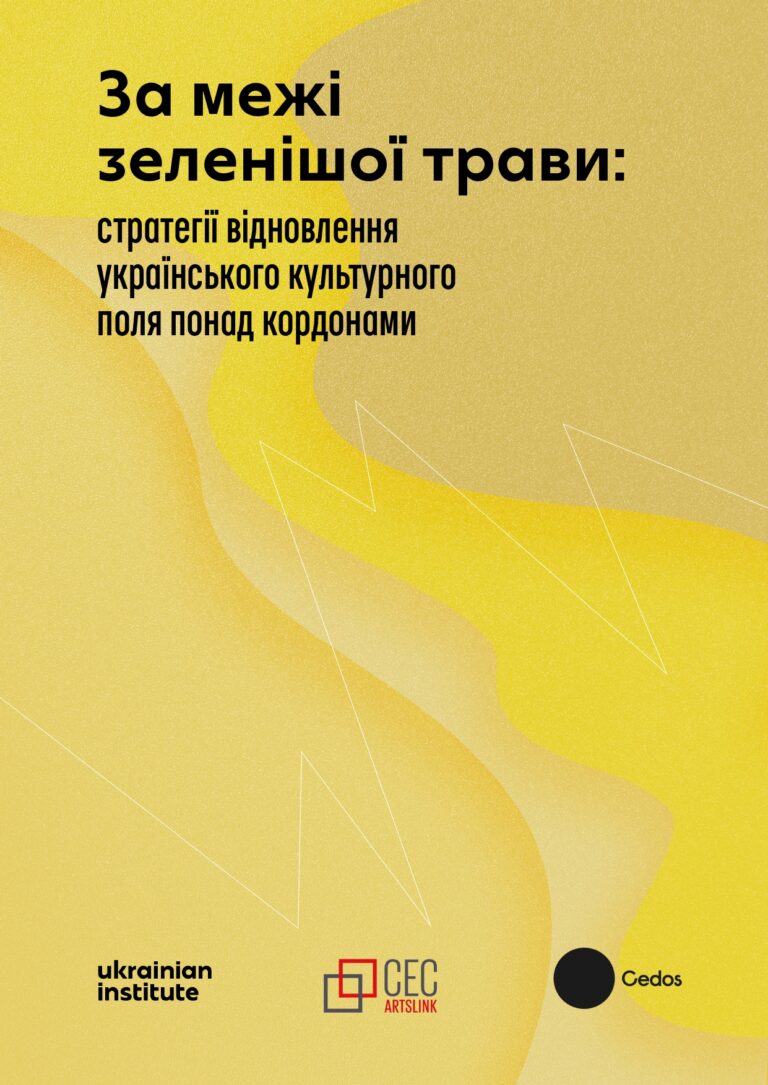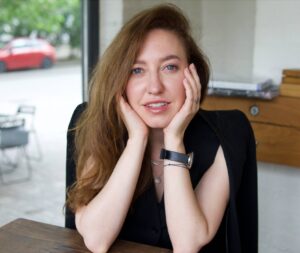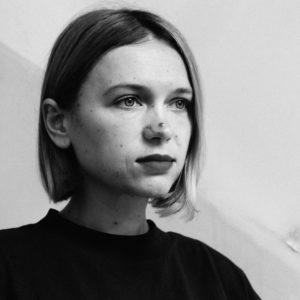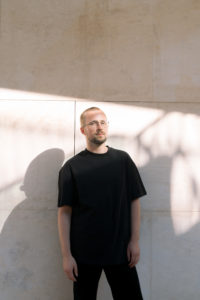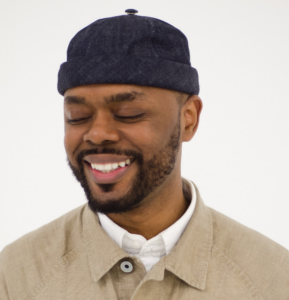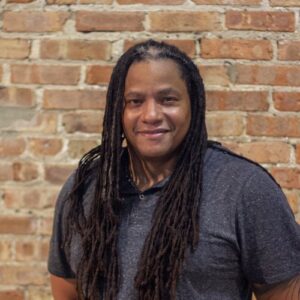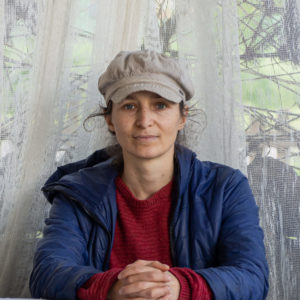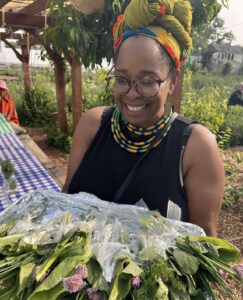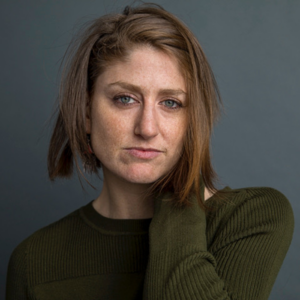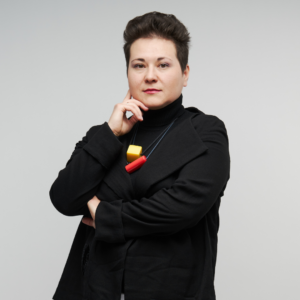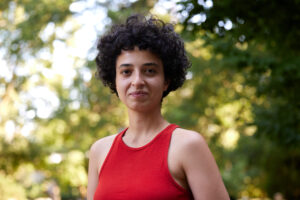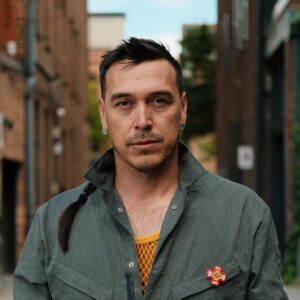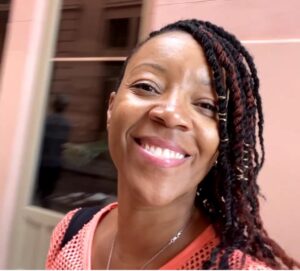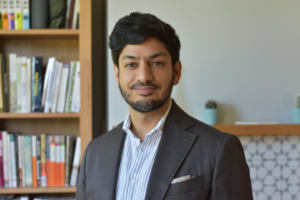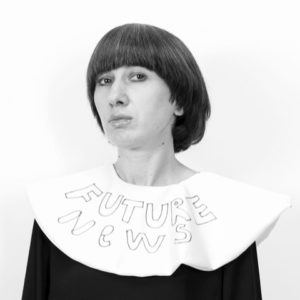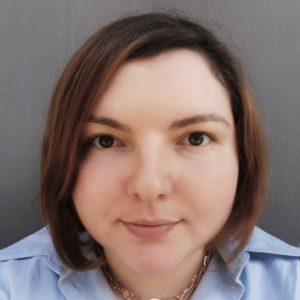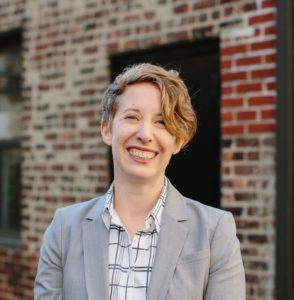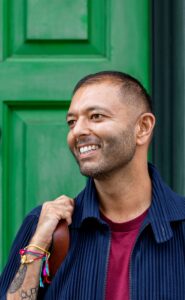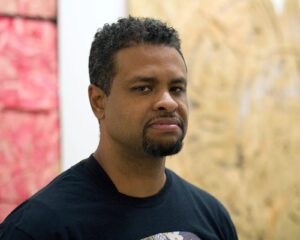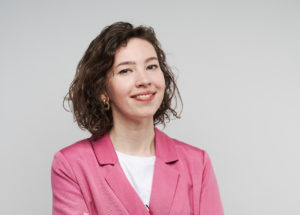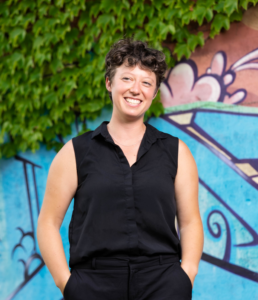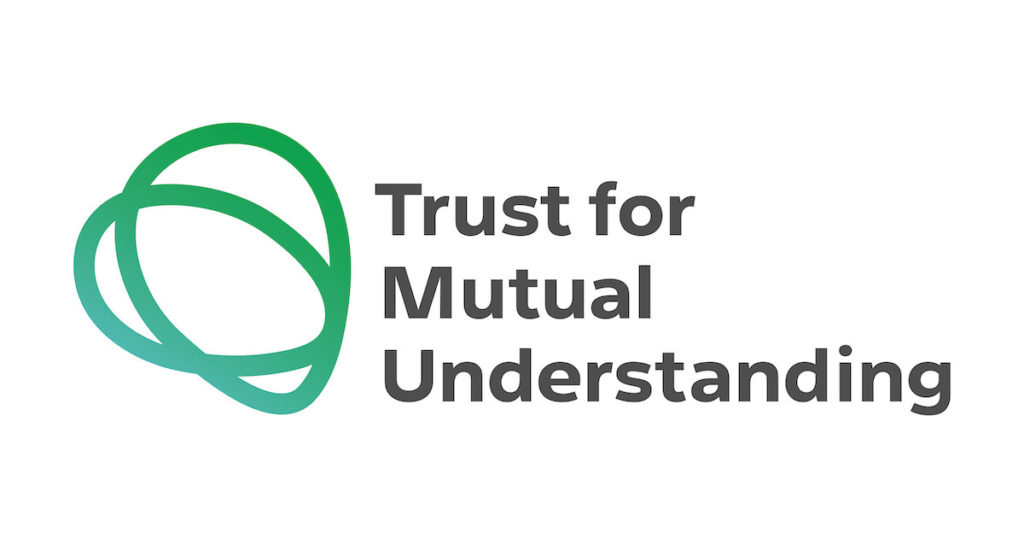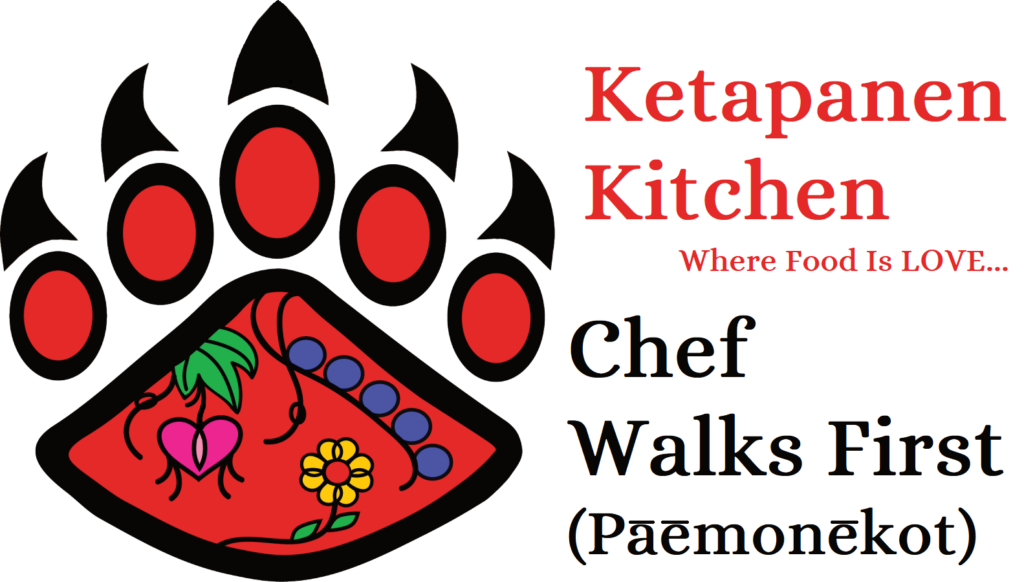Embracing ideas of consumption, gender, love, power, protest culture, experience of war, plants and dogs, Alevtina Kakhidze is co-founder of a residency program for international artists in the village of Muzychi, The Muzychi Expanded History Project.
To raise awareness of climate change and more sustainable living in the era of global shifts in society, especially in post-pandemic times, she has initiated the laboratory Adult Garden to observe coexistence and the dynamics of plants freed from the gardener’s intervention.
During her ArtsLink International Fellowship 2020 (virtual and in-person residencies), Alevtina and her US collaborators embarked on a garden-focused project that centers on critical observation of organized experimental gardens and natural conservation areas. The artists and scientists from University of Kansas studied the competition and collaboration observable among plants and between plants and living organisms such as insects and birds. Studies focused on the interaction between native and non-native (including invasive) plants, and explored the cases when a plant native to the US became invasive in Ukraine and vice versa. Alevtina also studied traditional Native American practices of gardening and medicinal plant use.
In Alevtina’s third year of ArtsLink International Fellowship in 2022, she is planning a collaboration with the Kansas University School of Visual Art on the project ‘Fate of Plants’. She will continue to research stable systems – prairies in Kansas, a steppe in Ukraine and the restored plant systems on the edge of the Chernobyl Exclusion Zone – to generate new work, a series of texts for art and scientific publications and an online discussion. The project has been postponed until the end of war in Ukraine.
The artist profile in the Burlington Contemporary magazine, July 27, 2022
“With the Russian invasion in February 2022, Kakhidze’s art became more radical. Her critique of the war continues to be enacted through a personal lens, however her anti-colonialist narratives are more explicit and her reference points are wider, articulating the violence and imminent danger that characterize life for so many in Ukraine.” (Svitlana Biedarieva, Burlington Contemporary, July 27, 2022)
Facebook
Instagram


